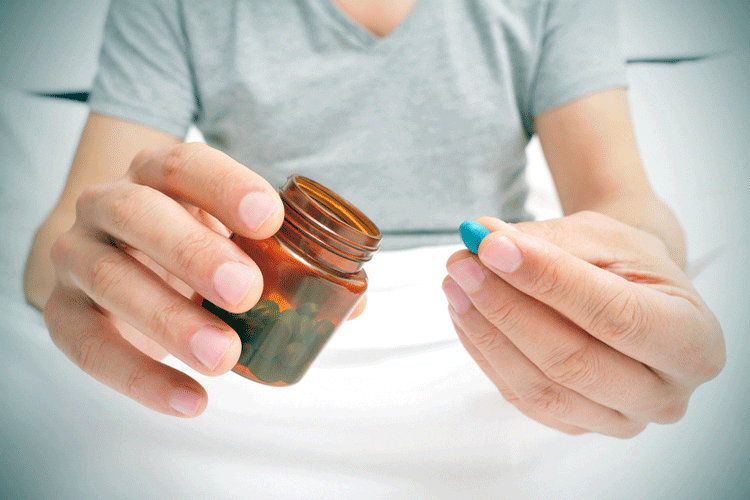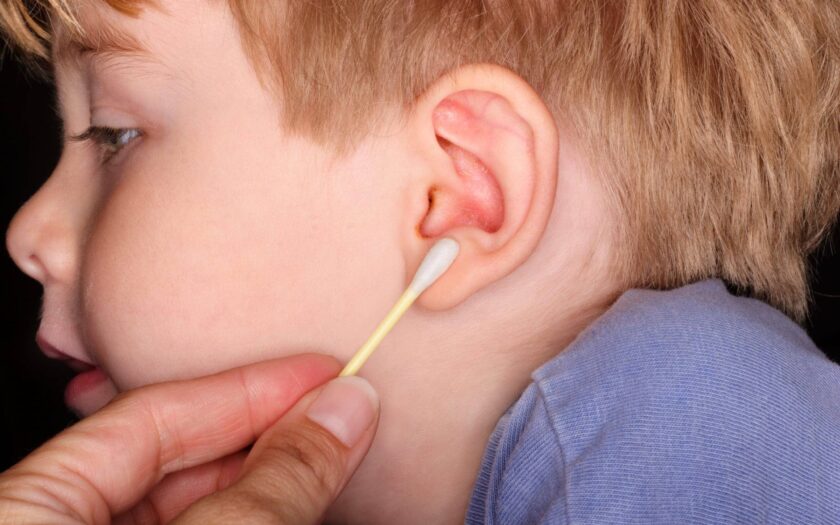Using medicines safely is essential to ensure they are effective and to avoid harmful side effects. Always follow the prescribed dosage and schedule, and never share medications with others, as their needs may differ. Read labels carefully, noting potential interactions with other drugs or foods. Store medicines in a cool, dry place, out of reach of children, to prevent accidental ingestion. If you have any questions or experience unexpected reactions, consult your healthcare provider promptly. Taking these precautions helps protect your health and maximize the benefits of your treatment.
Giving medicine to children can be challenging, and many parents worry about the risks of giving too much or too little. Here are some tips to help ensure that you administer medicine safely to your child.
The Basics of Medicine Safety
Before giving your child any prescription or over-the-counter (OTC) medicine, consult your doctor or pharmacist.
When administering medicine, make sure you know:
- The name and purpose of the medicine
- How much to give, how often, and for how long
- How to administer it (e.g., orally, inhaled, applied to the skin, etc.)
- Any special instructions, such as taking it with or without food
- How to store the medicine safely and how long it can be kept
- Common side effects or reactions
- Potential interactions with other medicines your child takes
- What to do if your child misses a dose
Additional Important Points:
- Medicine dosages are based on a child’s weight. Make sure the doctor and pharmacist have updated information on your child’s weight and age. Incorrect dosages can be ineffective or harmful. Different medicines also have varying ingredient concentrations, so always check the bottle and consult the pharmacist if needed.
- Many prescription medicines, like antibiotics, should be taken until they are finished, even if your child feels better. Not completing the course can result in the infection returning.
- Inform the doctor and pharmacist of any allergies or other medicines your child takes regularly.
- Some medicines are given on an as-needed basis, such as for pain or discomfort. Use OTC drugs like acetaminophen and ibuprofen only as recommended by your doctor.
Always consult your doctor before giving your child any OTC medicine to ensure it is safe.
Medicine Safety Basics
To ensure safe use of medicines:
- Consult your doctor if you’re unsure whether symptoms need medical treatment.
- Never use leftover medicines. Discard any extra liquid medicine to avoid using it later. For “as-needed” medicines, check the expiration date before administering.
- Do not give your child medicines prescribed for someone else. Different people may require different drugs and dosages, even for the same illness.
- Never give a child medicine meant for adults.
- Consult your doctor or pharmacist before giving two types of medicines with the same ingredients.
- Avoid giving cough or cold medicines to children under 6 years old unless advised by a doctor, as they can have serious side effects.
- When buying OTC medicines, check for tampering and do not use any medicine in damaged packaging. Always check the expiration date.
- Work with a local pharmacist to keep your family’s medicine history in a central location. They can provide information about possible side effects or reactions.
How to Safely Give Medicines to Kids
- Double-check: Ensure you have the correct prescription, especially when reaching into the medicine cabinet at night. Make sure your child’s name is on the label and that it’s the medicine prescribed by the doctor.
- Read all instructions: Prescription and OTC medicines often come with inserts detailing side effects and instructions. Read this information thoroughly before giving the medicine to your child.
- With or without food: Follow the instructions about taking the medicine with or without food. Some medicines should be taken with food to prevent stomach upset or improve absorption, while others should be taken on an empty stomach.
- The right dose: Administer the correct dose as specified on the prescription label or OTC packaging. Medicines must be taken in specific amounts and at set times to be effective.
- Measure carefully: Use appropriate measuring devices such as dosing syringes, droppers, or dosing spoons, not kitchen spoons, to measure medicine accurately. If a dose is missed, do not double up to “catch up.”
What About Side Effects of Medicines?
After giving your child medicine, monitor for side effects or allergic reactions. Common side effects like drowsiness or hyperactivity will often be listed on the packaging.
- If your child experiences side effects such as rash, hives, vomiting, or diarrhea, contact your doctor or pharmacist.
- If your child shows signs of a severe allergic reaction, such as wheezing or difficulty breathing, call 911 or go to the ER immediately.
- Some children may have unusual reactions to medicines, such as becoming hyperactive when given a medicine that usually causes drowsiness. Inform your doctor if this happens.
Note: Never give aspirin to children or teens, especially during viral illnesses. Aspirin can cause Reye syndrome, a potentially life-threatening condition.
What Else Should I Know?
Using medicines safely also means knowing when they are not needed. Often, simple home care like rest and hydration is the best approach, especially for common illnesses like colds and flu.
Always check with your doctor if you’re unsure whether your child needs a medicine.



